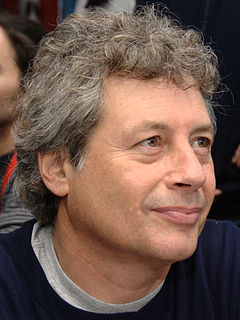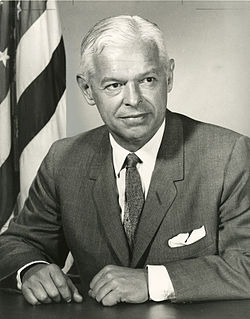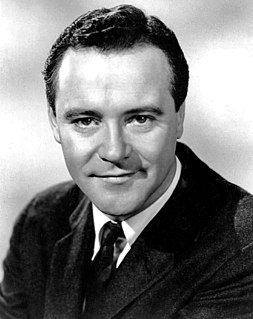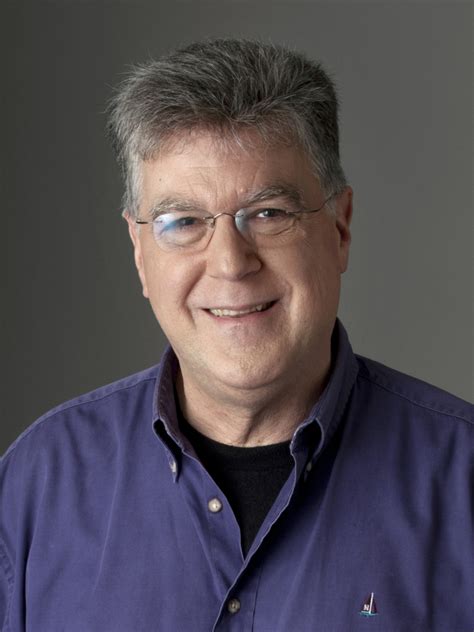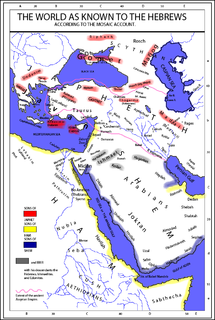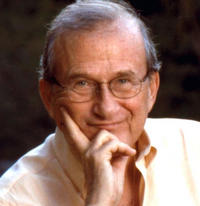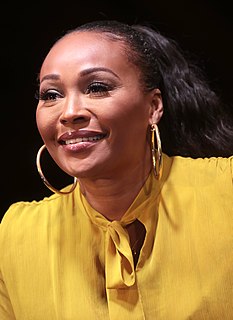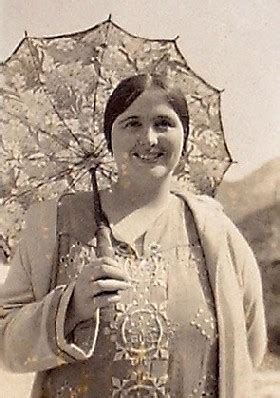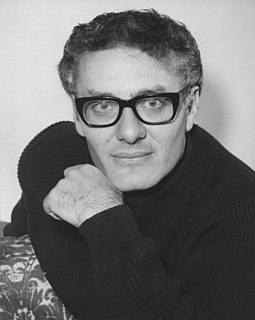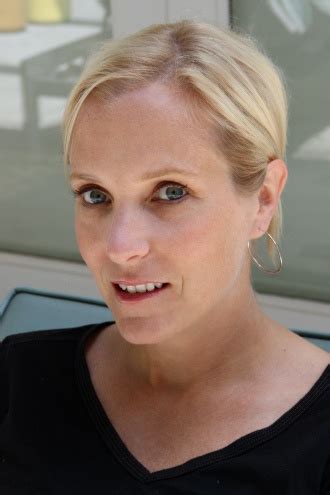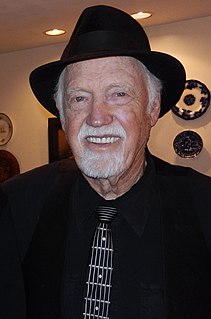Top 1200 Mean Words Quotes & Sayings
Explore popular Mean Words quotes.
Last updated on April 14, 2025.
A writer is a person who cares what words mean, what they say, how they say it. Writers know words are their way towards truth and freedom, and so they use them with care, with thought, with fear, with delight. By using words well they strengthen their souls. Story-tellers and poets spend their lives learning that skill and art of using words well. And their words make the souls of their readers stronger, brighter, deeper.
I can never say what I want to say, it's been like this for a while now. I try to say something but all I get are wrong words - the wrong words or the exact opposite words from what I mean. I try to correct myself, and that only makes it worse. I lose track of what I was trying to say to begin with. It's like I'm split in two and playing tag with myself. One half is chasing this big, fat post. The other me has the right words, but this can't catch her.
Acting doesn't have anything to do with listening to the words. We never really listen, in general conversation, to what the other person is saying. We listen to what they mean. And what they mean is often quite apart from the words. When you see a scene between two actors that goes really well you can be sure they're not listening to each other - they're feeling what the other person is trying to get at. Know what I mean?
When we can't hold back, or set boundaries, on what comes from our lips, our words are in charge-not us. But we are still responsible for those words. Our words do not come from somewhere outside of us, as if we were a ventriloquist's dummy. They are the product of our hearts. Our saying, "I didn't mean that," is probably better translated, "I didn't want you to know I thought that about you." We need to take responsibility for our words. "But I tell you that men will have to give account on the day of judgment for every careless word they have spoken" (Matt. 12:36).
What drivel it all is!... A string of words called religion. Another string of words called philosophy. Half a dozen other stringscalled political ideals. And all the words either ambiguous or meaningless. And people getting so excited about them they'll murder their neighbours for using a word they don't happen to like. A word that probably doesn't mean as much as a good belch. Just a noise without even the excuse of gas on the stomach.
Words are delicate instruments: How to use them so that, after having read the poem, the taste remaining is not of the words themselves, but of a thought, a situation, a parallel reality? If not used appropriately, words in poetry are like the ugly remains of food after eating. What I mean is that readers will reject words if they don't serve to shift attention from themselves to somewhere else.
Language is never fully trustworthy, but when it comes to eating animals, words are as often used to misdirect and camouflage as they are to communicate. Some words, like veal, help us forget what we are actually talking about. Some, like free-range, can mislead those whose consciences seek clarification. Some, like happy, mean the opposite of what they would seem. And some, like natural, mean next to nothing.
Scientists often invent words to fill the holes in their understanding.These words are meant as conveniences until real understanding can be found. ... Words such as dimension and field and infinity ... are not descriptions of reality, yet we accept them as such because everyone is sure someone else knows what the words mean.
If I stand alone, It does not mean, I am any less a Human, If my arms do not hold another, It does not mean, They are incapable of holding, If my tongue is silent, And never speaks the words of Love, It does not mean, That it will be mute, When the time comes, That the words can sincerely be spoken. And just because the World, Has not yet introduced, The one that will share my Life, It certainly does not mean, That I am incapable, Of Loving.
With a lot of what we take to be true feelings, especially on pop records, we feel them because they're cleverly crafted. And because the words are written by somebody who knows how to craft words and draw on those things and convey those feelings. That doesn't mean they're dishonest. But it also doesn't mean that it's all just pure primitive emotion spilling out.
For we let our young men and women go out unarmed in a day when armor was never so necessary. By teaching them to read, we have left them at the mercy of the printed word. By the invention of the film and the radio, we have made certain that no aversion to reading shall secure them from the incessant battery of words, words, words. They do not know what the words mean; they do not know how to ward them off or blunt their edge or fling them back; they are prey to words in their emotions instead of being the masters of them in their intellects.
I think I fully commit myself to any role to the extent to which I can. In other words there's some roles that maybe it's just not there, in other words on the page. You know, I mean your job is you need to play the governor and that's what you do. I mean I'm not going to stay up all night if I'm playing a functional role. And I've played a couple of functional roles. And so I'm not going to do anything other, look he's a functional guy. He says hey mister, you forgot your hat.
I used to do miserably in English literature, which I thought was a sign of moral turpitude. As I look back on it, I think it was rather to my credit. The notion of actually putting writers' words into other words is quite ridiculous because why bother if writers mean what they mean, and if they don't, why read them? There is, I suppose, a case for studying literary works in depth, but I don't quite know what 'in depth' means unless you read a paragraph over and over again.
There are times when I can't stop speaking, when a million words leave my mouth in a matter of seconds… a million words that mean nothing… but when I want to find some words that mean everything, I just can't speak. Like: I miss you. Like: I love you. Like: My world is falling apart and I need you by my side.
I have this theory about words. There's a thousand ways to say "Pass the salt". It could mean, you know, "Can I have some salt?" or it could mean, "I love you.". It could mean, "I'm very annoyed with you". Really, the list could go on and on. Words are little bombs, and they have a lot of energy inside them.
Don't be pretentious is my first advice to young writers. This is the big problem - just because you're getting an MFA doesn't mean you have to write for the Academy. Be true to your personality. Don't temper your personality down with words. Don't build defensive fortresses around yourself with words - words are your friends.
I've always felt I had more in common with the modernist approach than with postmodernism, but I can see where the connection might arise - and to be honest, I'm no academic, so I tend to use these words, like in Alice In Wonderland, to mean what I want them to mean rather than what they actually do mean.



